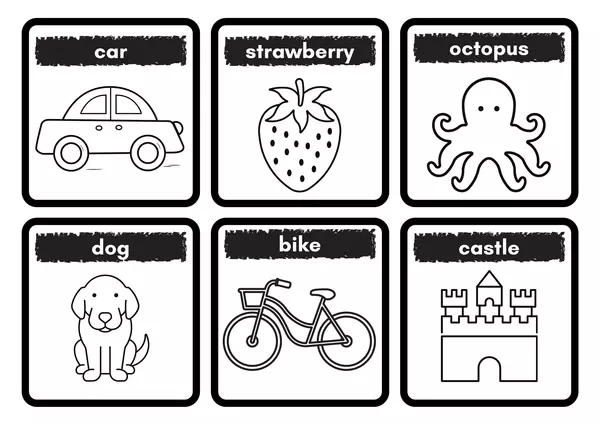
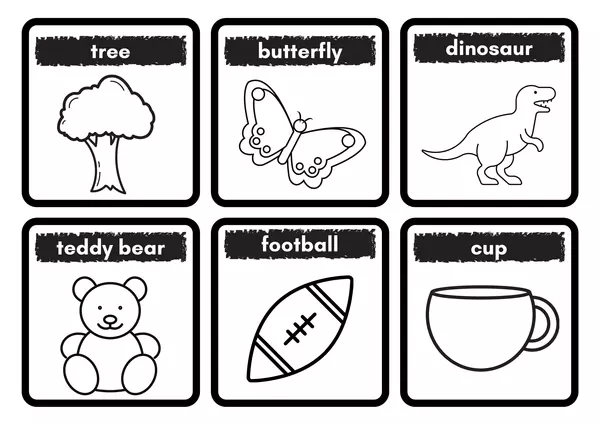
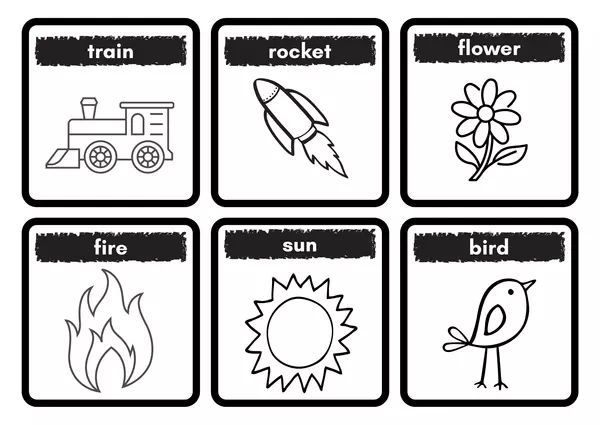
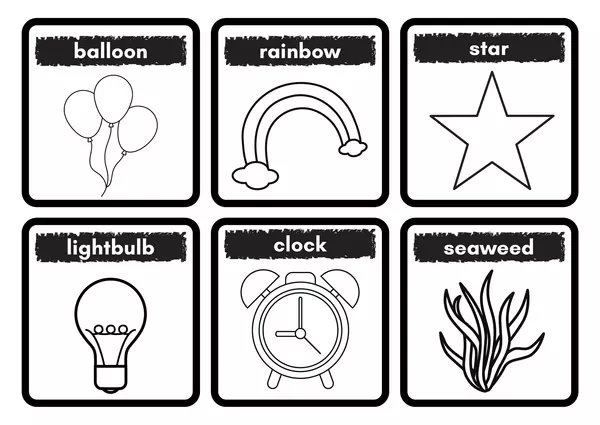
| Cantidad descargas | 10 |
| Tipo de recurso | Actividad |
| Edad recomendada | 7 - 12 años |
| Info. del archivo | pdf, 8 páginas, 1010 KB |
| Cantidad comentarios | 1 |




| Cantidad descargas | 10 |
| Tipo de recurso | Actividad |
| Edad recomendada | 7 - 12 años |
| Info. del archivo | pdf, 8 páginas, 1010 KB |
| Cantidad comentarios | 1 |
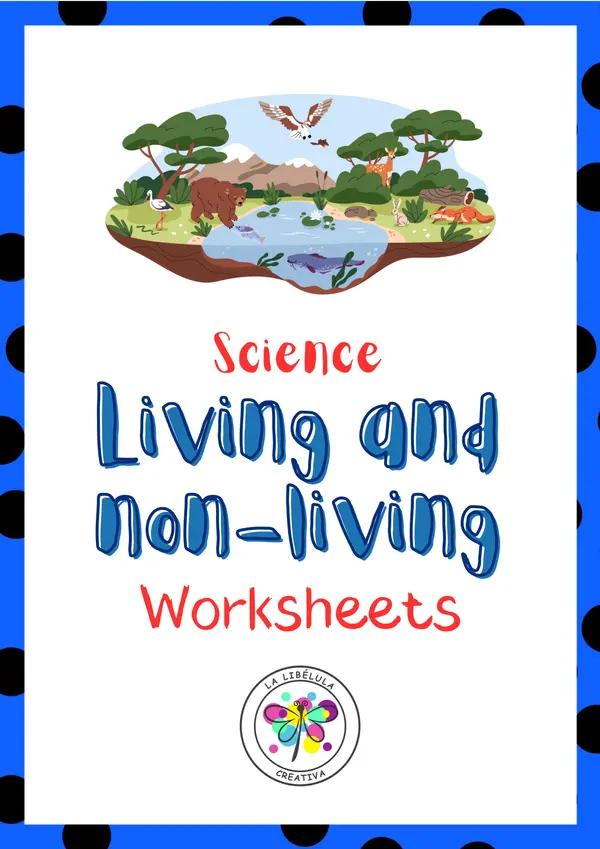
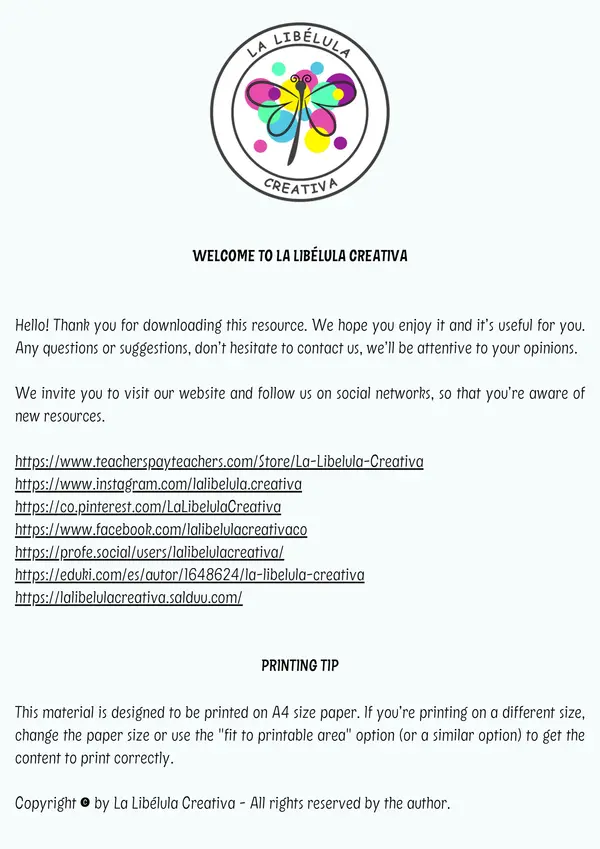
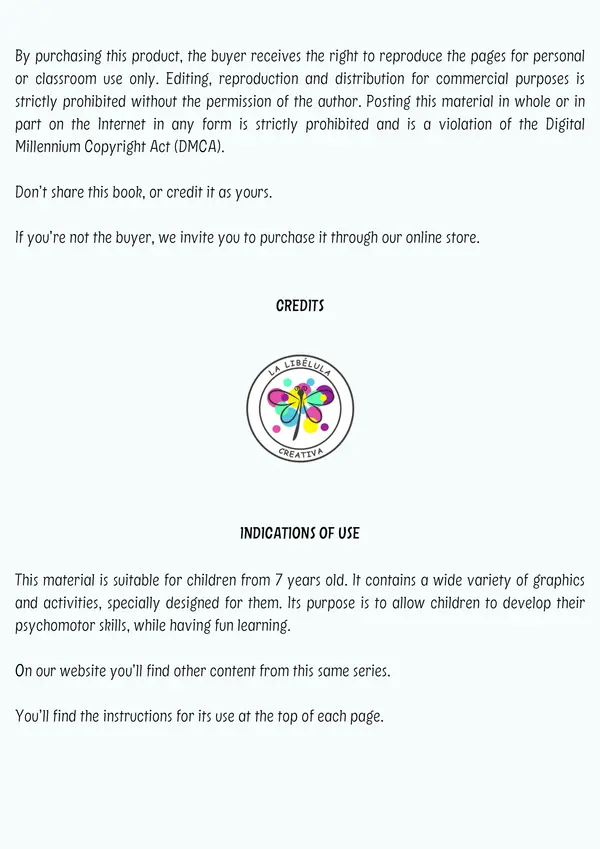
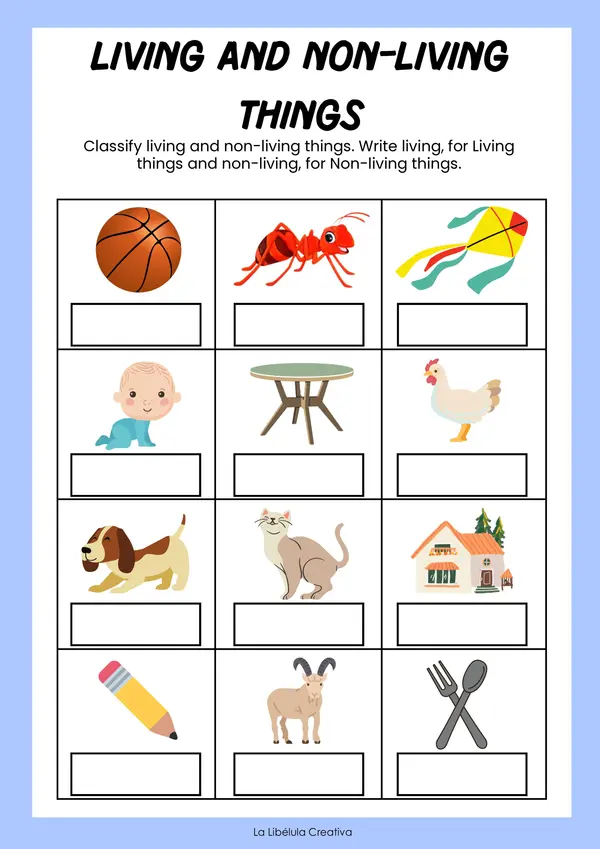
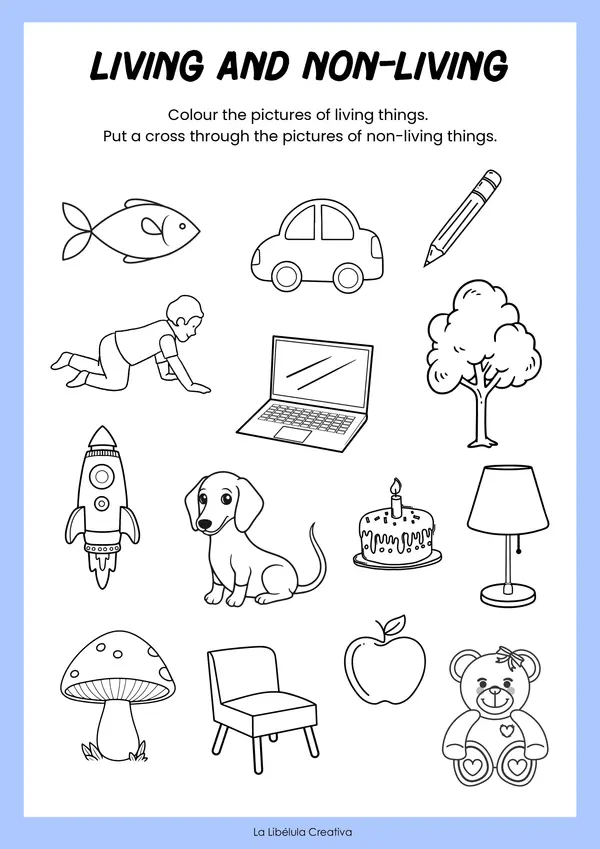
| Cantidad descargas | 3 |
| Tipo de recurso | Actividad |
| Edad recomendada | 7 - 10 años |
| Info. del archivo | pdf, 11 páginas, 4,99 MB |
No hay comentarios aún, ¡escribe uno!
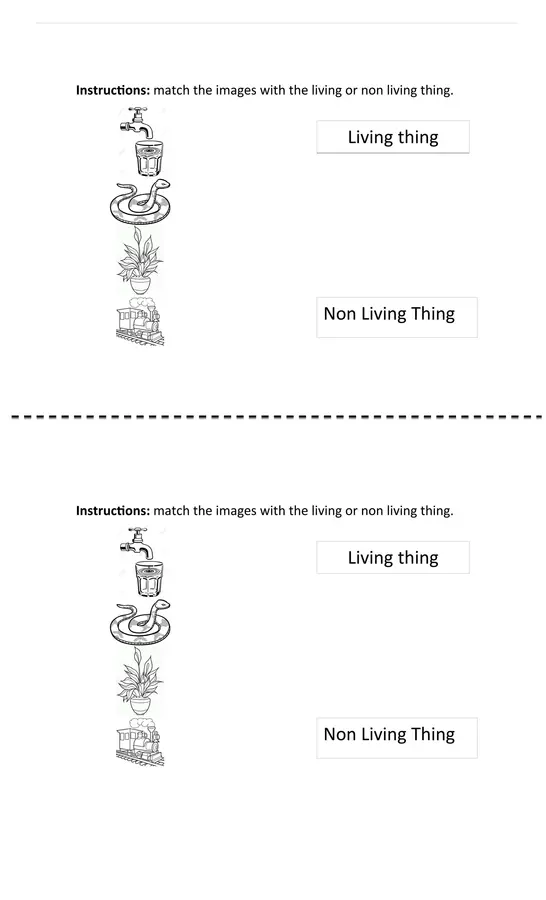
| Cantidad descargas | 1 |
| Tipo de recurso | Actividad |
| Edad recomendada | 6 - 7 años |
| Info. del archivo | docx, 1 páginas, 717 KB |
No hay comentarios aún, ¡escribe uno!
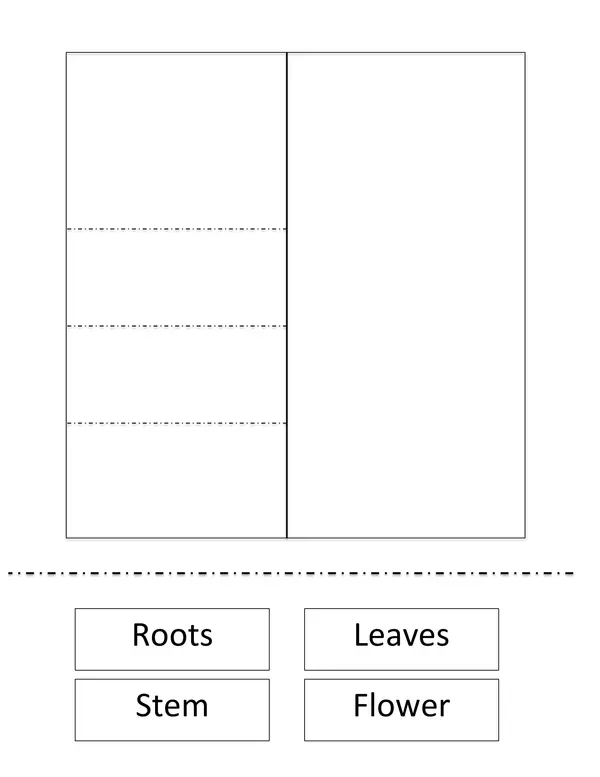
| Tipo de recurso | Actividad |
| Edad recomendada | 6 - 7 años |
| Info. del archivo | pdf, 1 páginas, 137 KB |
No hay comentarios aún, ¡escribe uno!
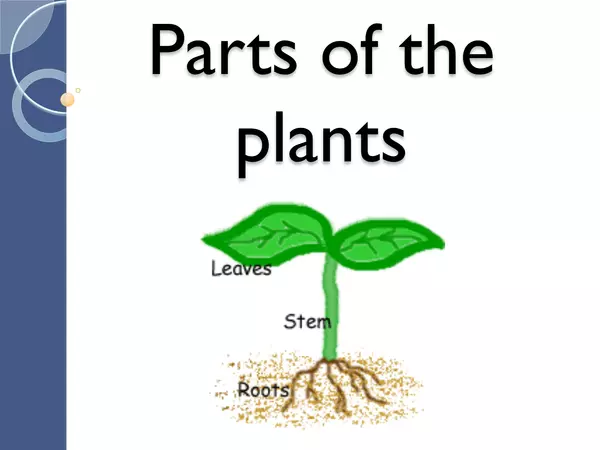
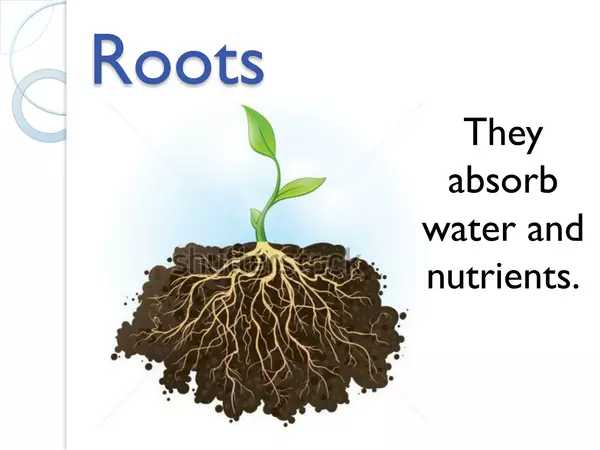
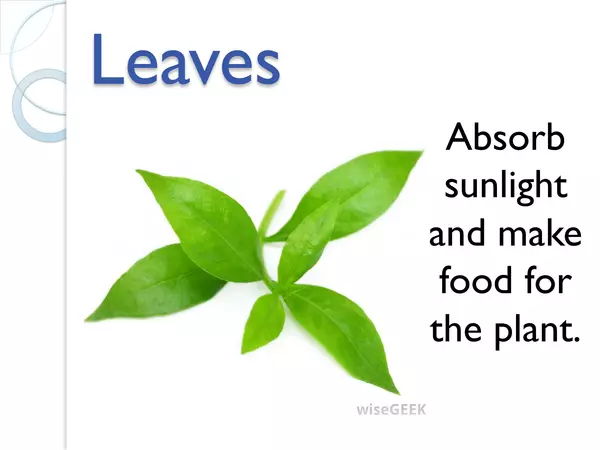
| Tipo de recurso | Clase |
| Edad recomendada | 6 - 7 años |
| Info. del archivo | pdf, 7 páginas, 43,3 MB |
No hay comentarios aún, ¡escribe uno!

| Cantidad descargas | 1 |
| Tipo de recurso | Actividad |
| Edad recomendada | 7 - 16 años |
| Info. del archivo | Link privado a view.genial.ly |
No hay comentarios aún, ¡escribe uno!
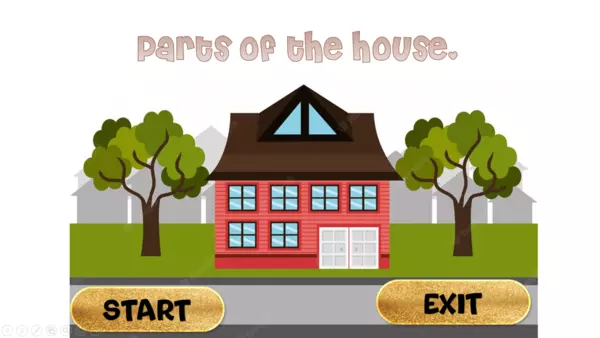
| Cantidad descargas | 8 |
| Tipo de recurso | Actividad |
| Edad recomendada | 8 - 15 años |
| Info. del archivo | Link privado a docs.google.com |
No hay comentarios aún, ¡escribe uno!
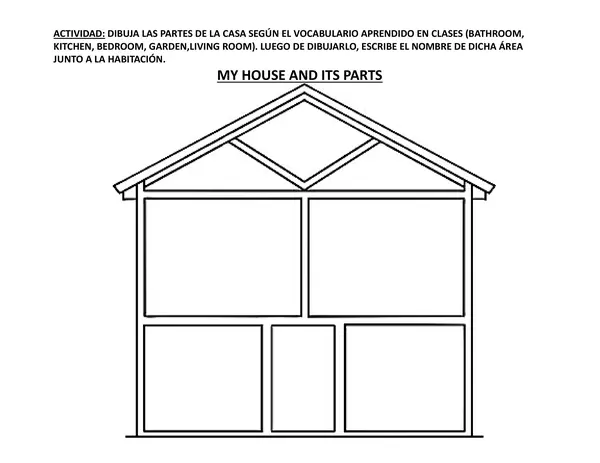
| Tipo de recurso | Actividad |
| Edad recomendada | 7 - 12 años |
| Info. del archivo | docx, 1 páginas, 90,3 KB |
No hay comentarios aún, ¡escribe uno!

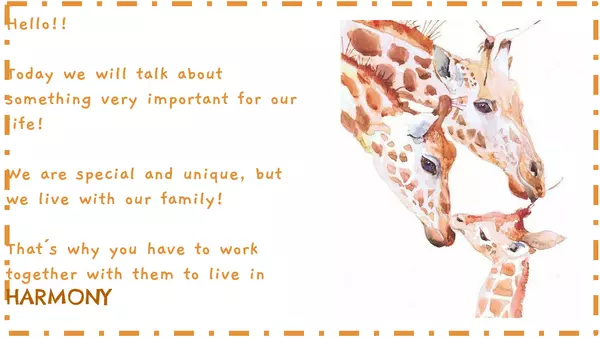
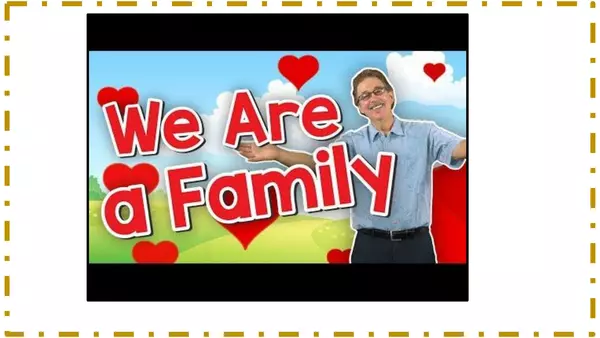
| Tipo de recurso | Clase |
| Edad recomendada | 6 - 7 años |
| Info. del archivo | pdf, 7 páginas, 575 KB |
No hay comentarios aún, ¡escribe uno!
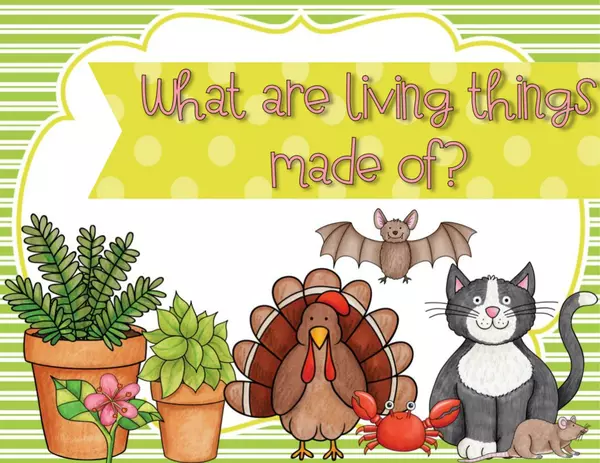
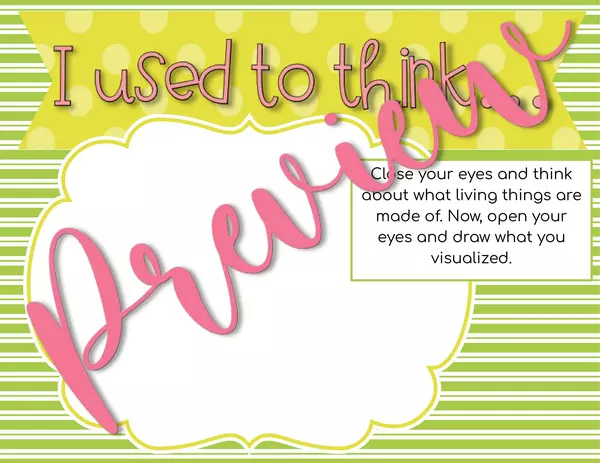
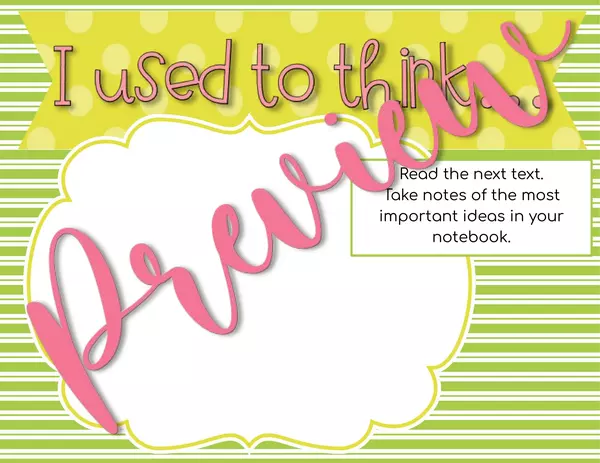
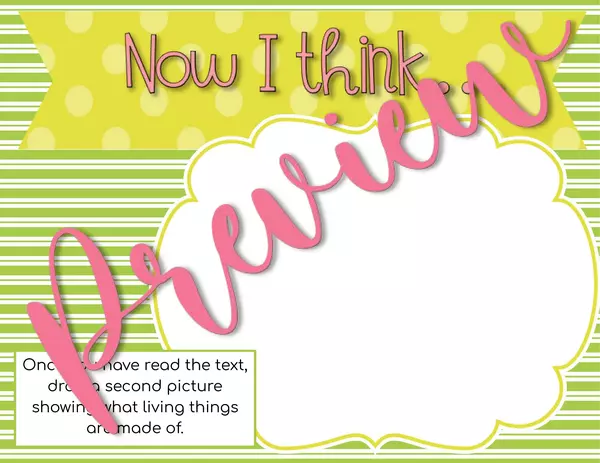
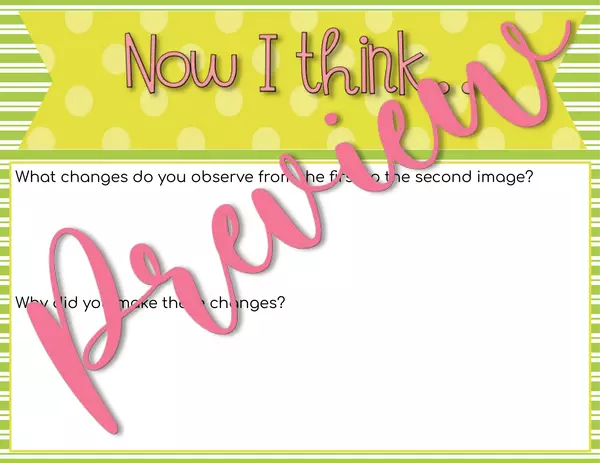
| Tipo de recurso | Actividad |
| Edad recomendada | 8 - 14 años |
| Info. del archivo | Link privado a docs.google.com |
No hay comentarios aún, ¡escribe uno!
muchas gracias